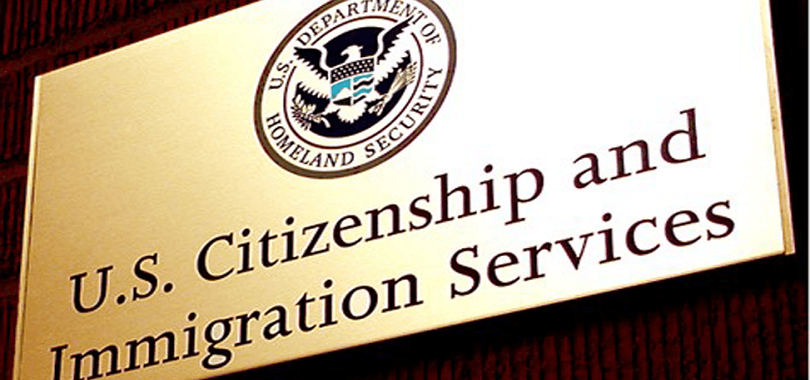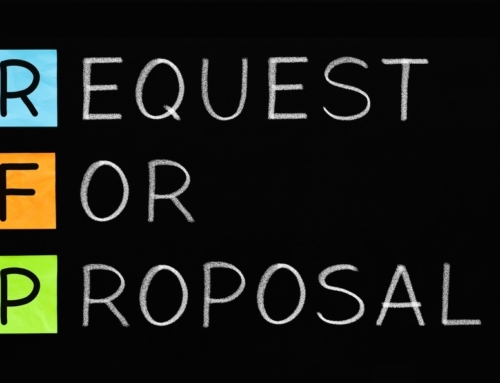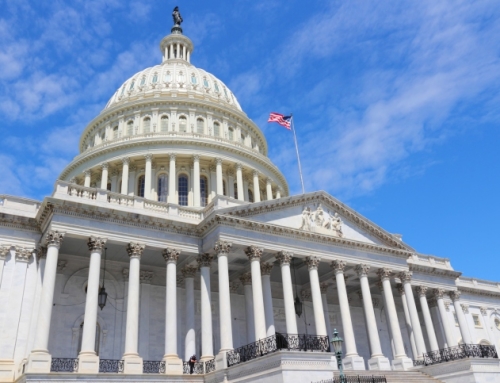US Citizenship and Immigration Services has received enough petitions to reach the regular H-1B visa cap and the advanced degree exemption for fiscal year 2022; fiscal 2023 registrations launched March 1. Separately, USCIS launched a data hub on employers petitioning for H-2A visas.
H-1B cap. USCIS announced Feb. 28 that it received enough petitions to reach the congressionally mandated 65,000 H-1B visa regular cap and the 20,000 H-1B visa US advanced degree exemption, known as the master’s cap, for fiscal year 2022. The US government’s fiscal year runs from October through September.
H-1B visas are used to bring in foreign temporary skilled workers such as IT, engineering and healthcare professionals.
“We will continue to accept and process petitions that are otherwise exempt from the cap,” the agency stated. “Petitions filed for current H-1B workers who have been counted previously against the cap, and who still retain their cap number, are exempt from the FY 2022 H-1B cap.” USCIS will continue to accept and process petitions filed to:
- Extend the amount of time a current H-1B worker may remain in the US;
- Change the terms of employment for current H-1B workers;
- Allow current H-1B workers to change employers; and
- Allow current H-1B workers to work concurrently in additional H-1B positions.
Meanwhile, the initial registration period for H-1B cap visas for fiscal year 2023 opened on March 1 and runs through March 18.
The US workforce is “hemorrhaging experienced talent” in the wake of the Covid-19 pandemic and any employers are taking a second look at foreign labor and using the H-1B visa program to reinvigorate their skilled-talent pipelines, wrote Bradley Harper and Brenda Eckert of law firm Shipman & Goodwin LLP in an article published by SHRM.
“When considering the relatively low cost of sponsoring a foreign national for the H-1B cap lottery, and the ongoing shortage of available and qualified US workers, more large employers should consider using the H-1B visa as a tool for recruiting highly skilled professional workers who bring innovative ideas and in-demand knowledge of the latest trends and processes to the job,” they stated.
H-2A Employer Data Hub. USCIS also announced last week the launch of an H-2A Employer Data Hub to provide information to the public on employers or agents petitioning for H-2A workers. The data hub is part of an effort to increase transparency in employment-based visa programs and follows the launch of the H-1B Data Hub in 2019 and the H-2B Data Hub in 2021.
The H-2A program allows US employers or US agents who meet specific regulatory requirements to bring foreign nationals to the US to fill temporary agricultural jobs. The employment must be of a temporary or seasonal nature, and the petitioner must show that there are not enough US. workers who are “able, willing, qualified, and available” to do the temporary or seasonal work.









